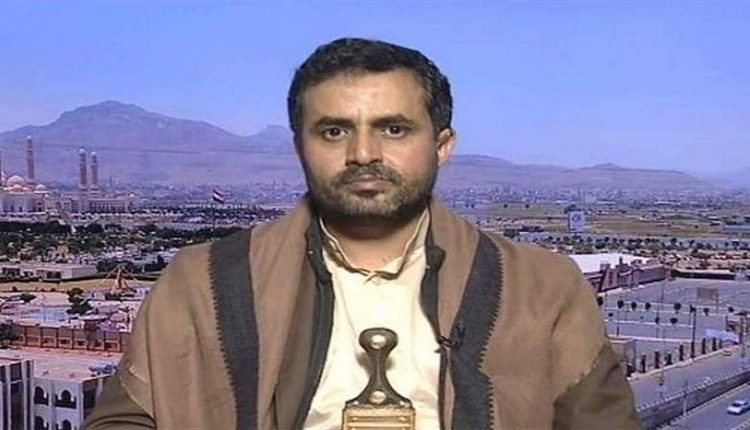US-Saudi Aggression Extends Truce Fearing of Yemen’s Armed Forces
The member of Ansarullah’s Political Bureau, Abdulwahab al-Mahbashi, commented on the extension of the UN-sponsored truce, considering that USA does not agree to the truce out of love for Yemen, but rather out of fear of it.
In a statement, Al-Mahbashi said to Almasirah, Wednesday, that “the Americans sending more weapons to Saudi Arabia and the UAE is a new expression on the origin of the battle, and that the Saudi and Emirati are only tools.”
He stressed that the coalition of aggression is arranging its papers for the next stage, and if they want to continue the war, the armed forces and the Yemeni people are ready.
On Tuesday, the head of national delegation, Mohammed Abdulsalam, reiterated the importance of the UN intensive work on disbursing salaries, opening the airport and port, and ending the siege.
“With Oman’s efforts, which provided the opportunity to extend truce we reiterate the importance of UN intensive work on disbursing salaries, opening the airport and port, and ending the siege” Abdulsalam said in a statement.
He explained that humanitarian issues are the natural rights of the Yemeni people, and addressing them urgently is necessary to enter into more serious stages.
In early April, the UN special envoy for Yemen, Hans Grundberg, announced the nationwide ceasefire, for the first time since 2016, saying the two-month truce would be eligible for renewal with the consent of parties. The truce meant to halt all military operations in the country and to bring the foreign military invasion to an end.
The deal stipulates halting offensive military operations, including cross-border attacks, and allowing fuel-laden ships to enter Yemen’s lifeline al-Hudaydah port and commercial flights in and out of the airport in the capital Sana’a “to predetermined destinations in the region.”
When the period specified for the military and humanitarian truce was nearing its end, the US-Saudi aggression seemed to be in a hurry to adopt the option of extending it for the third time to freeze the battle in Yemen and its economic repercussions away from global energy markets.
The forces of aggression are pushing for an extension, not out of concern for peace, but rather out of fear that the escalation will add more complications to the international scene in addition to the crisis imposed by the Russian-Ukrainian war.
A truce, the positive effects of which have not been felt by the citizens over the past months, despite its broad headlines. Commercial flights to Cairo are still stumbling until today, and the navy of aggression continues to pursue fuel ships without respect for agreements or any regard for international laws and norms.
Double standards regarding the violations of the forces of aggression and its provocative practices is a double UN policy that has brought the crisis in Yemen to its current level of misery and deprivation that has affected everyone far from justice and the realization of the rights of the Yemeni people.
The Supreme Political Council requires, in order to extend the truce, the commitment of the Saudi-led aggression to pay the salaries of all employees and the rest of the services, as a natural entitlement that is not subject to extortion. Before that, the complete blockade of Sana’a airport and the port of Hodeidah must be lifted as a criterion for demonstrating the seriousness and goodwill in the faltering peace process in Yemen.

